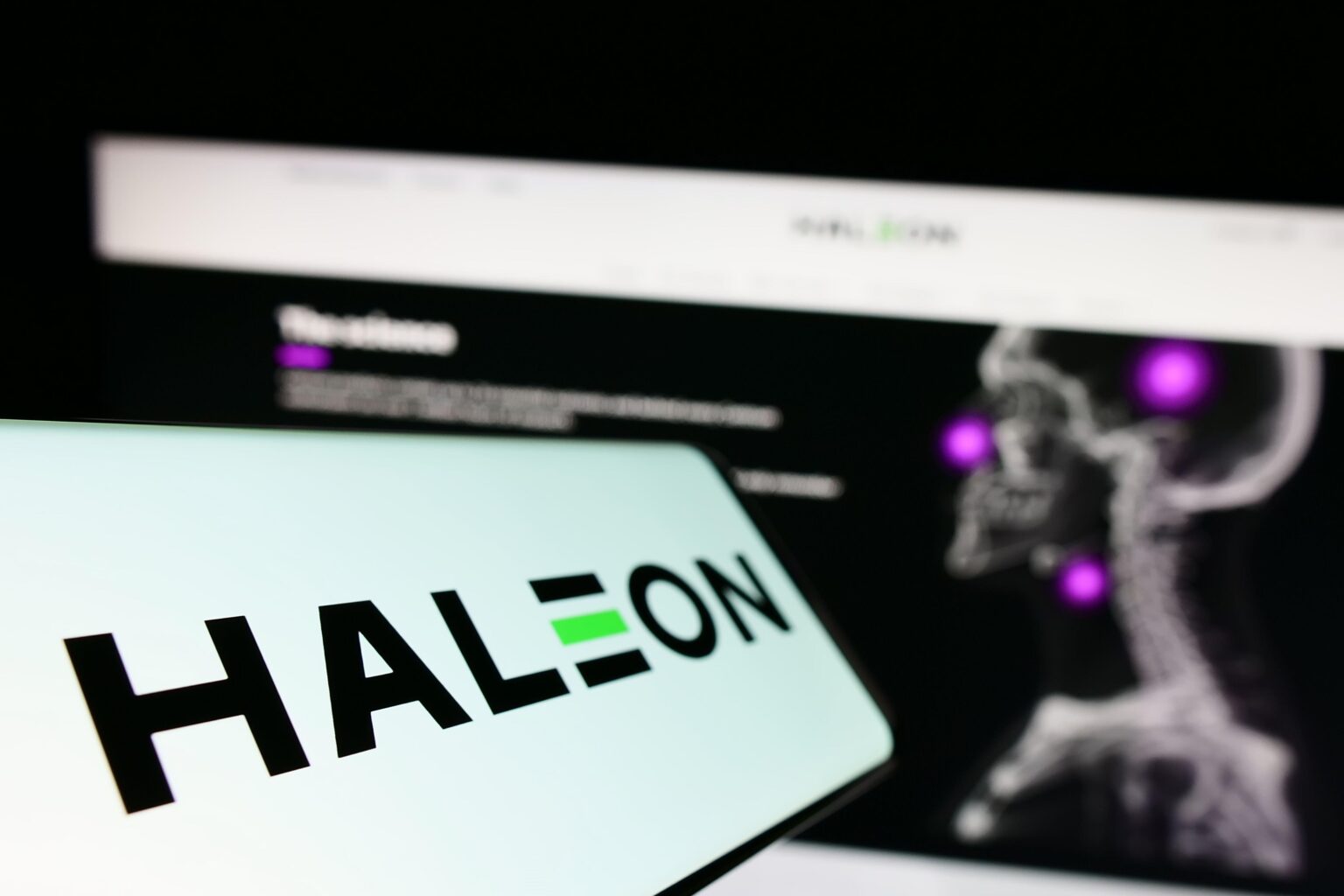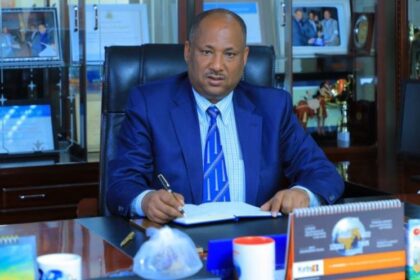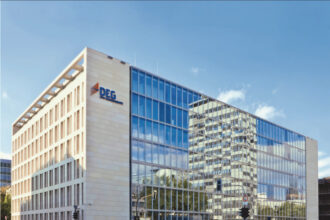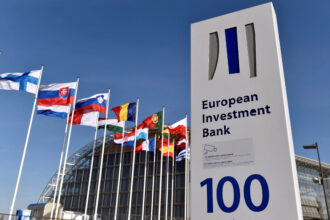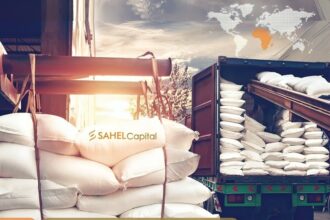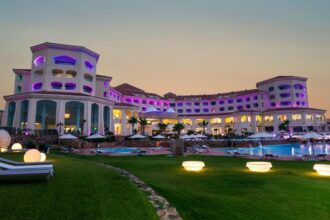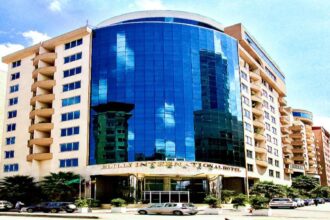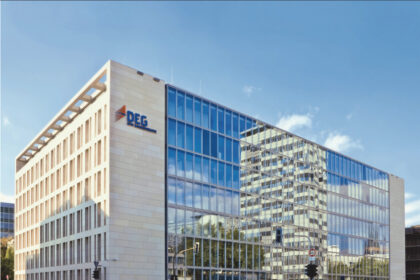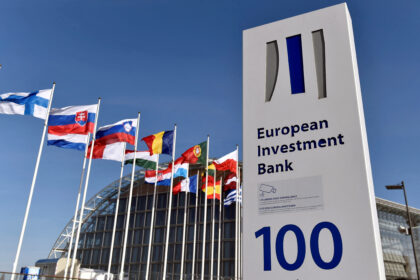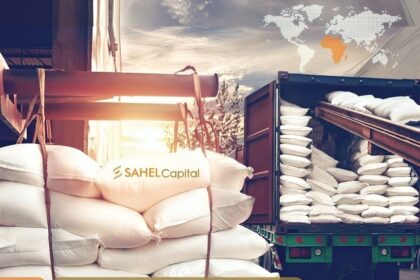At a Glance
- Haleon invests $28.4 million to make Cape Town its African export and innovation hub.
- Expansion boosts local production, cuts supply chain risks, and drives sustainable manufacturing leadership.
- Strategy supports South Africa’s health goals, economic growth, and access to affordable care.
Haleon, the world’s leading consumer health company, is injecting R500 million ($28.4 million) into its Cape Town manufacturing plant, positioning South Africa as a critical hub for regional exports and healthcare innovation.
The move strengthens Africa’s self-care industry, cuts reliance on volatile global supply chains, and aligns with the company’s strategy to scale locally manufactured health solutions.
Announced at a stakeholder event in Epping on August 21, the investment will expand production capacity, integrate advanced manufacturing technology, and accelerate Haleon’s export footprint across Southern and sub-Saharan Africa by 2027.

Cape Town emerges as Haleon’s African growth engine
The Cape Town site is already among the world’s largest powder medicine producers, turning out over one billion Grand-Pa headache powder sticks annually alongside household brands like Med-Lemon, Eno, Centrum, and Scott’s.
Haleon’s network includes a Johannesburg facility that manufactures Sensodyne and Aquafresh, backed by a logistics hub designed to drive pan-African growth.
“South Africa is our launchpad for expansion,” said Cindy Carter, Haleon South Africa’s site director and supply chain lead. “This R500 million commitment not only boosts local production but ensures affordable, high-quality health products are accessible to more Africans.”

Scaling sustainable manufacturing and regional resilience
Haleon already exports from South Africa to 13 international markets, including eight African nations, Australia, Spain, and Canada. Nearly 85% of sales in the country come from locally made products, with plans to increase local sourcing of raw materials to 90% by 2027.
The Cape Town site has emerged as a global sustainability leader, achieving water neutrality, Alliance for Water Stewardship certification, and zero-to-landfill operations since 2014.
The latest investment will fund biomass-powered steam systems, expanded solar energy capacity, and recyclable packaging, reinforcing Haleon’s commitment to eco-friendly manufacturing.
Driving economic impact and inclusive health access
The expansion also supports South Africa’s national health goals. A Haleon-commissioned Economist Impact study estimates improved health literacy could save the economy R39 billion ($2.2 billion) annually, while reducing air pollution could prevent 20,000 deaths and unlock R6.4 billion ($364 million) in economic value.
“Health must be a right, not a privilege,” said Emile Locke, Haleon’s strategic programme lead. “We aim to reach over a billion people by 2030 through inclusive health initiatives.”
Farhan Haroon, Haleon South Africa’s general manager, highlighted the role of domestic manufacturing in pandemic preparedness. “If exports stall, we shift to import substitution,” he said, noting paracetamol as a priority for local production.
Haleon’s R500 million bet on South Africa underscores its dual mission: building healthier communities while creating jobs, boosting supply chain resilience, and transferring manufacturing expertise.
“By 2050, there will be two billion more people,” Haroon said. “We’re adding healthier years, not just more years.”


